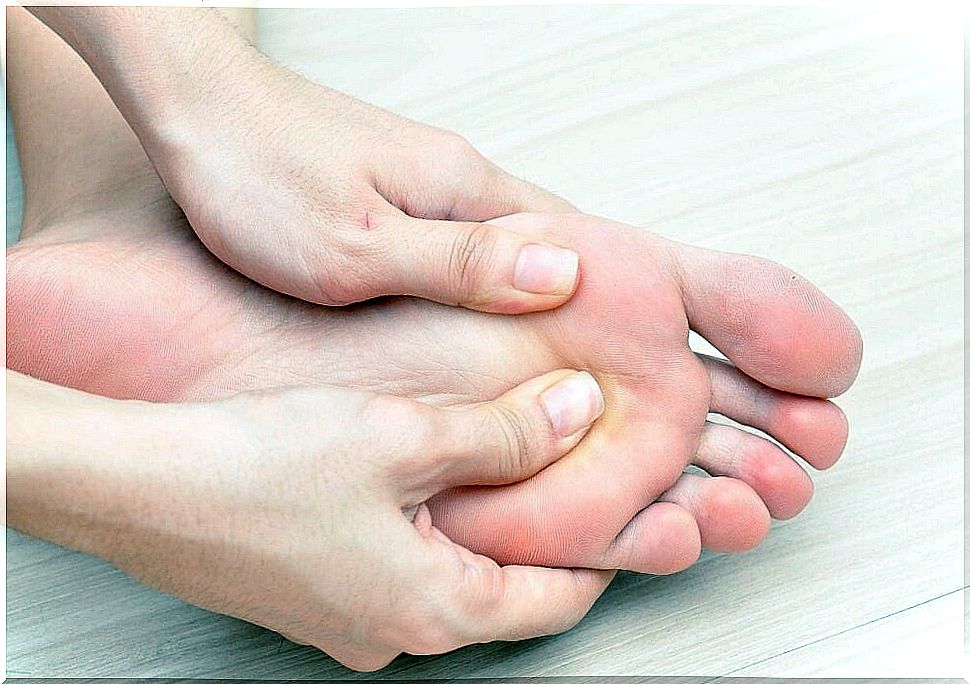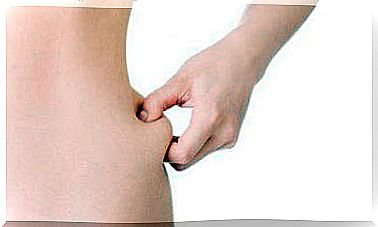10 Early Diabetes Symptoms You Shouldn’t Ignore

Learn about some of the early symptoms of diabetes, a disease that can manifest itself silently for many years.
It occurs due to an increase in blood glucose, either because the body does not produce enough insulin to process the glucose or because there is resistance to such a substance.
It manifests itself gradually and can often be confused with other common illnesses.
The problem with this is that, when you let it go, diabetes can interfere with the functioning of vital organs such as the kidneys, heart and brain.
For this reason, although some symptoms may appear normal, it is important to consider any signs that raise some suspicion.
Below are 10 early symptoms of diabetes that you should consider going forward.
Early symptoms of diabetes

1. Feeling of fatigue
Insulin deficit, or resistance to it, prevents cells from absorbing glucose to give the body energy during its functions.
As a result, there is a strong feeling of physical and mental fatigue that often lingers until the person rests.
Behind this symptom also hide factors such as overweight and obesity, dehydration and blood pressure imbalances.
2. Sleep Disorders
Poor control of blood sugar levels is related to major sleep disorders and recurrent tiredness.
People with type 2 diabetes often experience difficulty sleeping or some sort of interruption during their rest period.
It is important to mention that this factor is more likely to be related to diabetes when the sleep period is less than 6 hours.
3. Dry mouth and sensation of thirst

Glucose is one of our body’s main “fuels”. However, when not used properly, it is one of the causes of dehydration.
This condition affects the activity of cells throughout the body and, in turn, affects the production of saliva and causes dryness of the tongue and thirst.
4. Frequent urine
Excessive glucose in the blood forces the kidneys to work twice as hard to filter it and, by overloading them, increases the need to go to the bathroom.
This substance prevents toxins from being properly filtered and interferes with the work of the urinary system.
5. Urinary Infections

Another common manifestation of diabetes is prolonged and repeated urinary tract infections. They occur because, by increasing blood glucose, the immune system weakens.
As a result, the production of antibodies decreases and the body is exposed to attacks from viruses, bacteria and fungi.
6. Slow healing
Skin sores or ulcers that take a long time to heal, or don’t heal, are a strong sign of the accumulation of glucose in the blood.
Patients with diabetes must take care of themselves, as, without proper control, they can present complications that require medical attention.
7. Foot problems

The feet are one of the parts of the body that can show signs of diabetes the most. They, in general, tend to have circulatory difficulties and fluid retention.
Sometimes, when diabetes progresses unchecked, they suffer damage to their nerve endings and constantly manifest numbness and tingling.
8. Blurred vision
The dehydration that the body suffers as a result of the accumulation of glucose can lead to vision problems.
The reduction in fluid affects the lens of the eyes and diminishes their ability to focus, manifesting itself as a blurry effect.
9. Eating for anxiety

When glucose does not penetrate cells optimally, it reduces the “fuel” that sets in motion the functioning of all the body’s organs.
This situation causes confusion in the body and, as a result, signals are sent to get more energy sources through food.
This means that, until we can control the accumulation of sugar, it is inevitable to feel anxiety about eating frequently.
10. Dry skin
Skin condition can also be one of the early symptoms of diabetes. In these patients, it is common to identify a certain level of dryness, due to circulatory problems and associated dehydration.
Certainly other possible manifestations need to be taken into account, as it is a symptom that can occur due to many other factors.
Do you recognize several of the symptoms mentioned? Do you have any risk factors for diabetes? Before the disease progresses, see a doctor for proper diagnosis and treatment.









